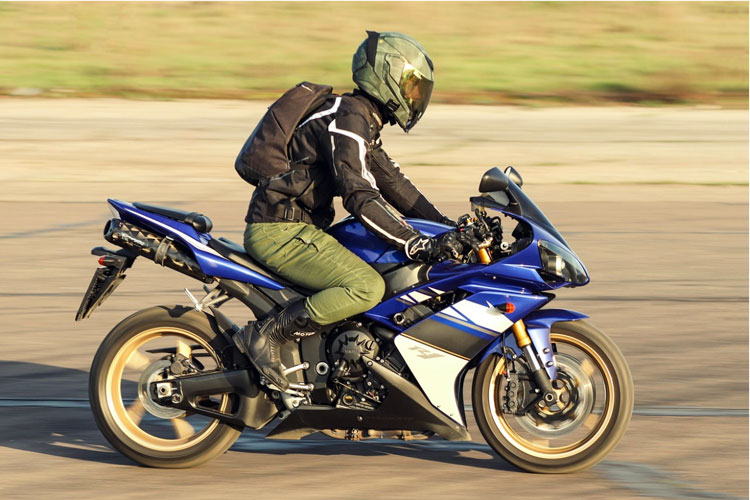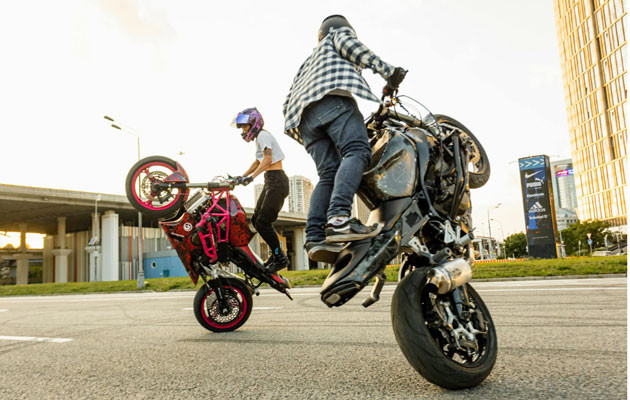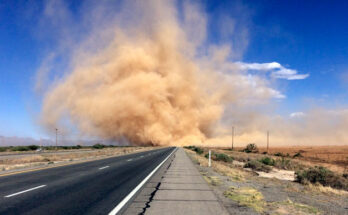Riding a motorcycle can offer a thrilling sense of freedom that is unmatched by any other mode of transportation. It comes with significant risks that demand constant awareness and skill. Many motorcyclists may not realize that even small mistakes—like misjudging a turn or failing to check blind spots—can lead to devastating consequences. Road conditions, weather, and the unpredictability of other drivers only add to the potential dangers. Understanding these common errors is essential as it empowers riders to adopt safer habits. This article highlights eight prevalent mistakes that motorcyclists often make, which can, unfortunately, lead to accidents and injuries.
Lack of Proper Training
One of the most critical errors motorcyclists can make is insufficient training. While many riders may feel confident after completing a basic motorcycle safety course, the complications of real-world riding can be overwhelming. Proper training goes beyond learning to operate the motorcycle; it encompasses understanding safety protocols, defensive driving techniques, and how to handle various road conditions. In fact, studies suggest that motorcyclists who have participated in formal training programs are 30% less likely to be involved in accidents compared to those who have not.
Ignoring Protective Gear
Another pervasive and often underestimated error is the neglect of protective gear. Many motorcyclists fail to recognize just how crucial safety equipment is—not only for preventing injuries but also for minimizing their severity when crashes do occur. Helmets, gloves, jackets, and reinforced boots are specifically designed to protect the most vulnerable areas of the body during impact. Choosing to ride without them dramatically increases the likelihood of serious injury or death.
Helmets alone are estimated to be 37% effective in preventing motorcycle fatalities. Beyond physical harm, failing to wear proper gear can complicate post-accident scenarios, particularly when it comes to insurance claims and legal accountability. In some cases, insurance companies may reduce compensation based on perceived negligence. Prioritizing gear is not just a matter of safety—it’s a smart legal and financial decision that no motorcyclist should overlook.
Not Seeking Legal Help After an Incident
In the unfortunate event of a motorcycle accident, many riders overlook the importance of seeking legal assistance promptly. Understanding one’s rights and responsibilities can be daunting, especially when dealing with injuries and insurance claims. Consulting with a North Myrtle Beach Motorcycle Accident Lawyer, for instance, is crucial to navigating these complexities. Not only can a legal professional help you assess damages and negotiate with insurance companies, but they can also ensure that you receive any compensation you are entitled to under the law. Failing to take such steps can lead to prolonged challenges in obtaining coverage for medical expenses and property damages.
Speeding and Reckless Riding
Many accidents result from riding at excessive speeds or engaging in reckless maneuvers. Speeding reduces a rider’s reaction time and increases the likelihood of losing control of the bike. It’s essential to adhere to speed limits and exercise caution in unfamiliar or hazardous conditions. Reckless riding, such as weaving through traffic or tailgating, can provoke aggressive driving from others and lead to conflicts. Being aware of one’s speed and maintaining a safe following distance allows for quicker reactions and safer riding in general.
Failing to Signal Lane Changes
Clear communication on the road is not just a matter of courtesy—it’s a fundamental element of motorcycle safety. A common oversight among motorcyclists is the failure to use turn signals when changing lanes or making turns. This lack of communication creates confusion and unpredictability for surrounding drivers, increasing the likelihood of accidents. Turn signals are a simple yet powerful tool to indicate intentions and foster safer interactions with others on the road. Developing consistent habits, like always signaling even when traffic seems light, reinforces safe riding practices and significantly reduces the chance of collisions.
Riding in Poor Conditions
Motorcyclists sometimes underestimate the impact of weather and road conditions on their ride. Rain, ice, or even potholes can create dangerous scenarios that demand heightened awareness and skill. Riding in inclement weather decreases visibility and traction, contributing to a higher chance of accidents. It’s crucial to adjust riding techniques under these conditions, such as reducing speed and increasing following distance. Those who choose to ride during inclement weather should equip themselves with appropriate gear and practice cautious riding techniques.
Making Assumptions About Other Drivers
Perhaps one of the biggest misjudgments motorcyclists encounter is assuming that other vehicle operators will be considerate or aware of them. Many accidents occur because motorcyclists mistake a driver’s intention. Proactively checking blind spots and assuming that drivers may not see them can prevent crash situations. Remaining vigilant and defensive is essential, as many drivers do not actively look for motorcyclists due to their smaller size. Engaging in defensive riding creates proactive habits that can reduce the likelihood of being involved in collisions.
Neglecting Regular Maintenance
Just like any vehicle, motorcycles require regular maintenance to remain safe and reliable on the road. Riders who overlook routine upkeep risk mechanical failures that can have serious consequences. Issues such as worn brake pads, low tire pressure, or faulty lights can all contribute to dangerous riding conditions.
Regular inspections ensure that every component—from fluid levels to chain tension—is functioning properly. Creating a maintenance schedule or checklist can help riders stay on top of these tasks. To make your maintenance routine easier and safer, consider using motorcycle lifts, which provide stable elevation and better access to your bike’s components. Prioritizing upkeep not only improves safety but also enhances performance and extends the life of the motorcycle overall.

Motorcycling offers a thrilling experience, but that excitement must be balanced with responsibility and awareness. The risks are real, and often, it’s the small, avoidable mistakes that lead to serious accidents. Whether it’s neglecting safety gear, riding in poor conditions, skipping maintenance, or failing to seek legal help after a crash, each oversight can have serious consequences. By recognizing and addressing these eight common mistakes, riders can significantly enhance their safety. Staying informed, practicing defensive riding, and knowing your legal rights—especially if you’re ever hurt in a motorcycle accident in North Myrtle Beach—can make all the difference in recovery and peace of mind. Smart riding isn’t just about skill—it’s about preparation, caution, and continuous learning.








